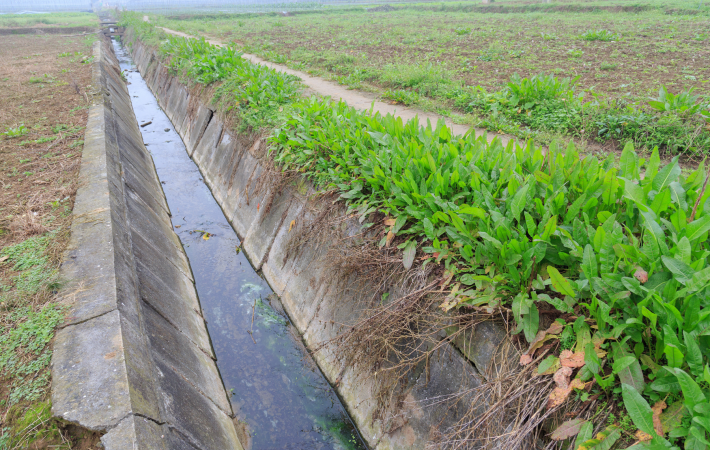
There is a little town north of Birmingham which appears in the Domesday Book. Its name is also a byword for public bodies’ decision-making.
The concept of Wednesbury unreasonableness dates from the 1960s, when the eponymous local council imposed conditions on admissions to the town’s cinema. Being a mother to a teenager myself, I can understand the desire to ban 15-year-olds from the cinema on a Sunday afternoon, but the High Court viewed that as totally unreasonable and said that public bodies should make decisions based on all relevant, not irrelevant, considerations. This historic judgement means today that all decisions must be within the range of reasonable responses.
Internal drainage boards must therefore ensure that their decision-making and governance arrangements are sound and in line with rational principles.
Take, for example, a decision to sell a piece of land. Someone managing a wider project, of which the sale is part, might not realise that the decision is subject to best value considerations under section 63 of the Land Drainage Act 1991. There must be a proper valuation. Extraneous considerations might stray into Wednesbury unreasonableness. The decision might sit with the board or might be delegated to a committee or the chief executive. The correct decision-maker must make the decision, taking into account all relevant factors.
Internal drainage boards are subject to judicial review so they should review their governance documents regularly and train staff to understand them.
Now then, I’m off to the cinema… without my daughter.

Contact Estelle to discuss this further.